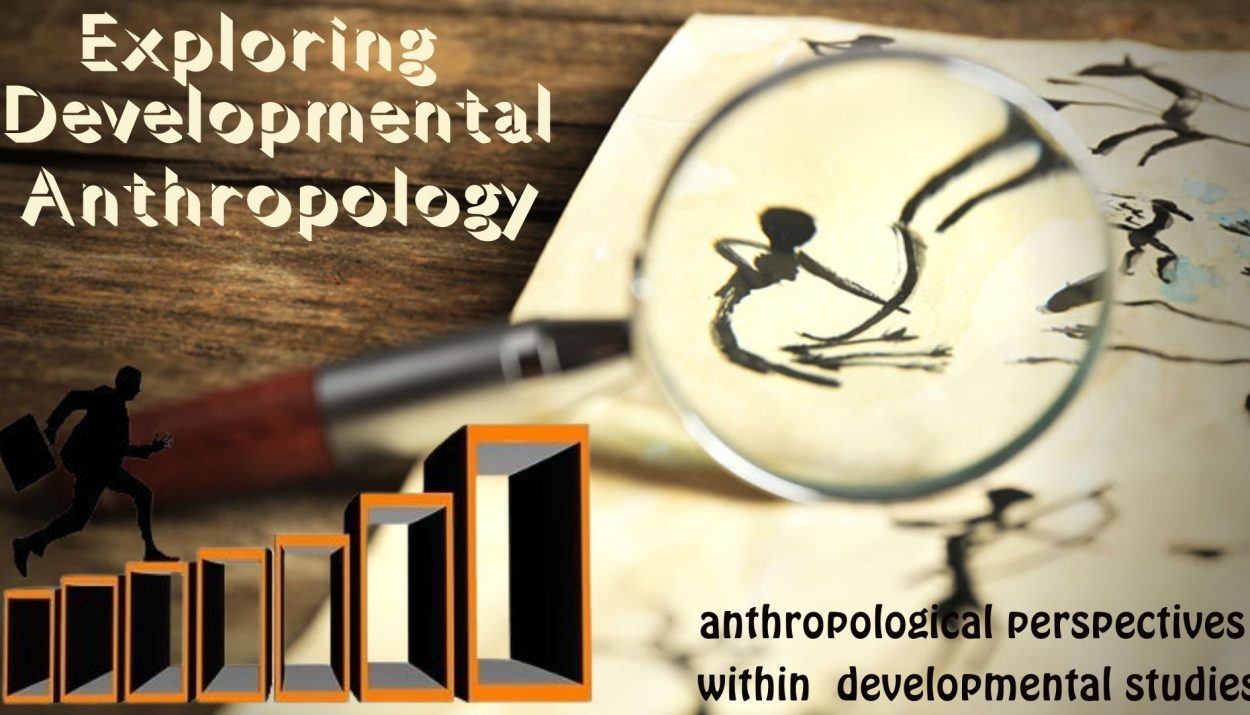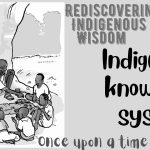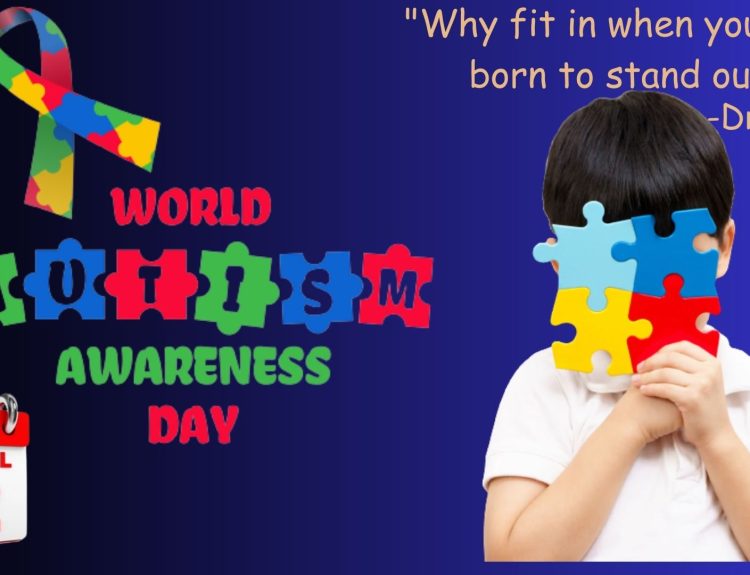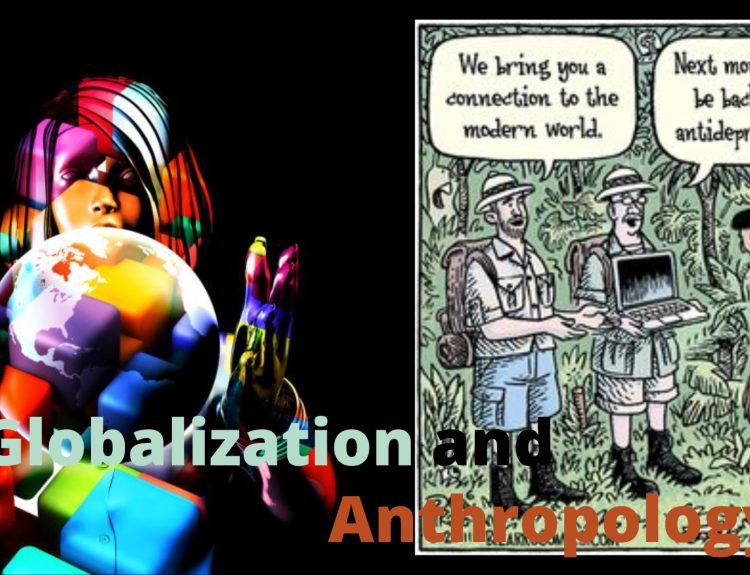Developmental anthropology is a specialized field that combines the principles of anthropology with the study of development and social change. It involves the utilization of anthropological perspectives within the multidisciplinary field of developmental studies. It offers a unique perspective on how culture, society, and human interactions shape and are shaped by processes of economic, social, and political development.
Developmental anthropology approaches development as a multidimensional process that encompasses not only economic growth but also social, political, and cultural transformation. It emphasizes the need to understand development from the perspectives of local communities, considering their diverse values, beliefs, and practices. By incorporating anthropological methods such as ethnography, participant observation, and interviews, developmental anthropologists immerse themselves in communities to gain a holistic understanding of the cultural dynamics and power relations that influence development outcomes.
Key Concepts in Developmental Anthropology
Cultural Relativism
To understand the concept of Cultural Relativism, go through the link- Ethnocentrism and Cultural relativism – Is everyone the same as you?
Developmental anthropology recognizes that there are multiple valid ways of organizing societies and that development initiatives should respect and incorporate local cultural practices and values. It challenges the notion of a universal, one-size-fits-all model of development, emphasizing the importance of context-specific approaches.
Power and Agency
Developmental anthropology pays particular attention to power dynamics and agency within development processes. It analyzes how power structures, both local and global, influence development interventions, and explores how marginalized groups can exercise agency to shape their own development trajectories.

Participatory Approaches
Developmental anthropology advocates for participatory approaches to development, which involve engaging local communities in decision-making processes. This bottom-up approach recognizes the expertise and knowledge of community members, enabling them to actively participate in defining and implementing development initiatives.
Developmental anthropologists work closely with community members, engaging in dialogue, sharing information, and jointly identifying problems and solutions. This ensures that interventions are contextually grounded and culturally appropriate, leading to more effective and sustainable outcomes. By engaging with marginalized and vulnerable groups, the participatory approach seeks to amplify their voices, address their specific needs and concerns, and advocate for their rights.
Methodologies in Developmental Anthropology
Developmental anthropologists employ a range of research methods to gain a comprehensive understanding of development processes. Ethnographic fieldwork, interviews, focus groups, surveys, case studies, comparative analysis and document analysis are commonly used to gather data and examine the social, cultural, and political dimensions of development. Long-term engagement with communities allows anthropologists to observe changes over time and understand the local context from an emic perspective.
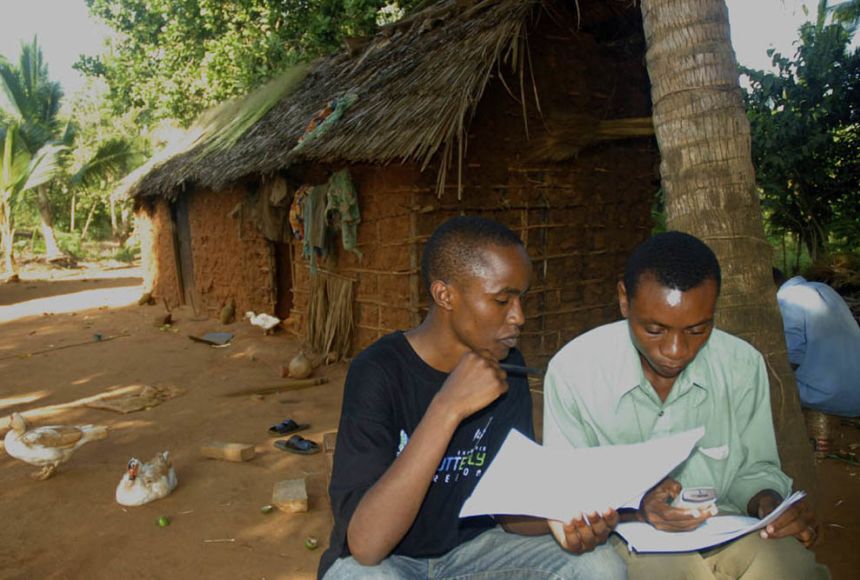
Developmental anthropology employs a range of methodologies to study the complexities of development and social change. By combining qualitative and quantitative approaches, researchers strive to understand the diverse factors that shape development processes and their impacts on individuals and communities. These methodologies emphasize the importance of engaging with local communities, recognizing their knowledge, and promoting inclusive and participatory approaches to development.
Contributions of Developmental Anthropology
Cultural Insights
Developmental anthropology sheds light on the cultural factors that influence the success or failure of development projects. Recognizing and addressing cultural differences and local perspectives helps in designing more culturally sensitive and context-appropriate interventions.
It recognizes that specific circumstances shape cultural practices and serve particular societal functions. By understanding the developmental trajectory of culture, anthropologists can interpret cultural practices more accurately and avoid misjudgments or misunderstandings.
By approaching cultural differences with an open mind and an awareness of cultural relativism, anthropologists can establish respectful and mutually beneficial relationships with the communities they study. This fosters trust and cooperation, allowing for meaningful cross-cultural exchanges and collaborations.
Policy Recommendations
By critically analyzing development policies and projects, developmental anthropology provides valuable insights and recommendations for policymakers. By understanding the cultural context in which development interventions occur, anthropologists can help design more effective and culturally appropriate programs. They can identify the needs and aspirations of local communities, avoid unintended negative consequences, and promote sustainable development practices.
Community Empowerment
Developmental anthropology places a strong emphasis on empowering communities. Involving local stakeholders in decision-making processes, fosters ownership, agency, and sustainability within development projects.
Developmental anthropology acknowledges and celebrates the diversity of human cultures. It recognizes that there are multiple ways of organizing societies and addressing social, economic, and political issues. By studying and documenting various cultures, developmental anthropologists contribute to the preservation and appreciation of cultural diversity. This helps challenge stereotypes, prejudices, and discriminatory practices based on cultural differences.
Conclusion
Developmental anthropology plays a crucial role in shaping our understanding of development processes, challenging dominant narratives, and promoting culturally sensitive and sustainable approaches to development. By examining the complex interactions between culture, society, and progress, it helps us navigate the challenges and complexities of our increasingly interconnected world. Embracing the insights of developmental anthropology can lead to more inclusive, equitable, and effective development practices that respect local contexts and empower communities to shape their own futures.
Read more- Wikipedia


